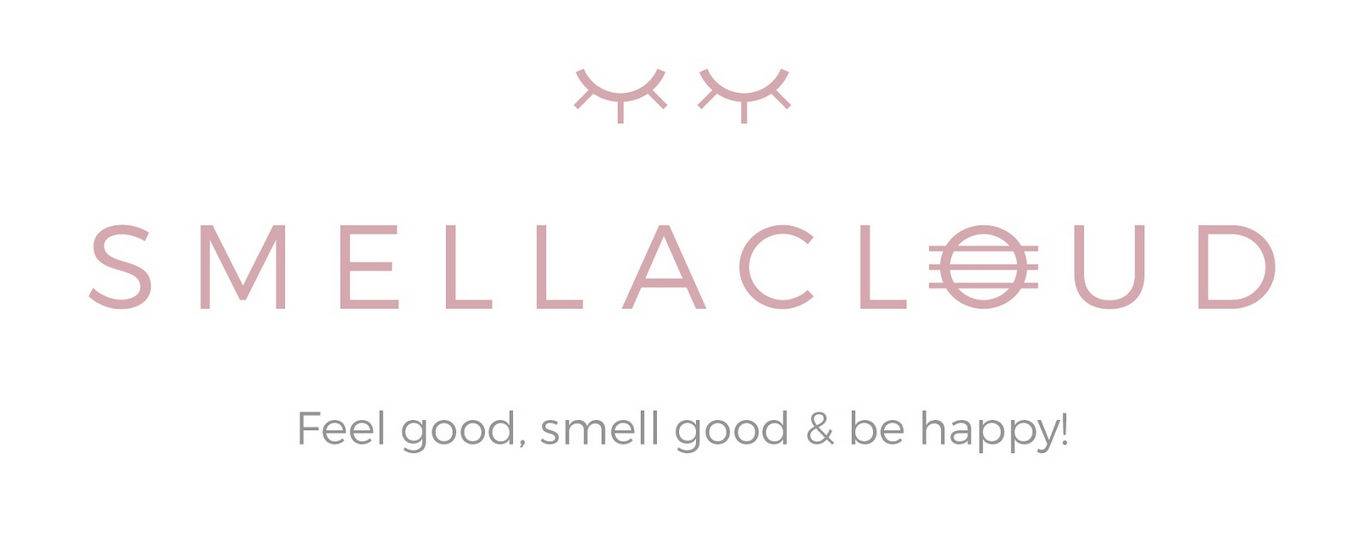Aromatherapy: Do Essential Oils Work?

Essential oils have been on the rave for quite a while now due to their supposed benefits. In aromatherapy, they are the key ingredients used.
Aromatherapy is an alternative medical practice that uses olfactory-triggering substances for therapeutic purposes. When inhaled, the scent molecules of the essential oils travel from the olfactory nerves to the amygdala - the brain's emotional centre.
While essential oils have been used for centuries, the question still lies; do they possess those numerous benefits?
Medical research has not fully proved whether essential oils can perform all the wonders people say it does.
However, there are some proven common health benefits in which aromatherapy and essential oils have played a significant part.
Here are some of them:
Stress
Studies have shown that people use essential oils alongside therapy to treat stress-related issues. This is no wonder, as many therapist offices and massage centres use aromatherapy oil diffusers to disperse essential oils into the air. Doing this helps clients feel calmer before starting therapy sessions. Also, massage centres mix essential oils into their massage oils to induce a more relaxing effect during the massage procedure. It reduces stress levels and makes people feel lighter afterwards, though some studies say the effect is short-lived.
Sleep
Lavender oil has been proven to induce sleep in people, especially women who have just passed through childbirth. It also improves the sleep habits of insomniacs and promotes overall sleep quality.
Headaches
Certain studies have found that applying essential oils like peppermint, chamomile and lavender oil can help relieve headaches and migraines. The study claims that peppermint is usually mixed with ethanol to produce this effect. While chamomile is mixed with sesame oil— a traditional Persian remedy— it is used when one is having headaches.
Antimicrobial
Certain studies have shown that some essential oils have strong antimicrobial properties. While these results have not been proven in humans, they're still worth noting.
Anti-inflammatory
Some studies show that essential oils help to reduce inflammation. A mouse study shows that the ingestion of thyme and oregano essential oils has helped reduce the remission of colitis. However, these tests haven't been carried out extensively on humans, so the effectiveness is unknown.
Which Essential Oils Are The Best To Use?
There are dozens of essential oils in the market, all made from different parts of different plants. However, many of them are to be used specifically due to their chemical compositions.
On the other hand, there are still some that can be used without hassles, and we've arranged a list to guide you on the best essential oils for frequent use.
- Lemon oil - Citrus based essential oils are known for being mood boosters, and the scent of lemon oil provides a calming sensation.
- Peppermint oil - Peppermint oil has proven effective for headaches when applied topically. It is also claimed to relieve irritable bowel syndrome (IRS), though it should be administered in a capsule and not in its raw form.
- Lavender oil - Known for its calming effects, lavender oil helps to improve sleep quality and relieve stress.
- Tea tree oil - Tea tree oil is commonly used to treat acne, insect bites and athlete's foot.
- Chamomile - This oil is known to elevate one’s mood and calm the mind.
Do Essential Oils Have Side Effects?
Have you ever heard the saying, "just because something is natural doesn't mean it's safe"? The same can be said for essential oils.
Plants have certain chemical compositions that are considered harmful. Since essential oils are made from plants, there's no doubt that some essential oils are chemically stronger than others.
Some side effects which essential oils are known to cause are:
- Rashes
- Allergic reactions
- Headaches
- Asthma attacks, and so on.
If you notice any signs of side effects while using certain essential oils, it's best to see your doctor immediately.
Additionally, it is worthy to note that you shouldn't ingest essential oils. This is because of their chemical compositions. Many essential oils in the market are usually mixed with other chemical substances and fragrances, which could be poisonous if ingested.
Also, you should never apply pure essential oils directly to the skin; doing this can cause rashes or hives, which could be fatal.
To be safe, mix the pure essential oils with a carrier oil like jojoba, olive oil or coconut oil before applying it to the skin.
Caution should be applied when essential oils are used for pregnant women, lactating mothers and small children.
It is best to mix with a carrier oil before using or using aromatherapy accessories like aroma sticks, necklaces, keychains, etc.
How To Find Quality Essential Oils
There are many essential oils in the market, but not all of them are 100% authentic. Not everyone is an expert on buying essential oils, so we have compiled a list of things to look out for when shopping for essential oils.
- Company name - It is safer to buy from companies with a reputation than unknown brands. This is because reputable companies are most likely to sell better quality.
- Look for dark-coloured containers - Essential oils usually come in small, dark glass bottles. This is because they are highly concentrated; when you store them in plastic bottles, it can dissolve the bottle over time, thus ruining the quality of the oil.
- Read the label - Most essential oil labels usually include the plant's botanical (Latin) name. So, when buying, look out for the botanical name, the country where the plant was grown, purity level and information of other possibly added ingredients.
- Method of extraction - High-quality essential oils are the ones that have undergone the least processes. When choosing, go for chemical-free oils extracted through distillation or cold-pressing.
- Don't buy "fragrance" oils - Fragrance oils are made predominantly from chemicals, which is unsuitable for aromatherapy.
- Compare prices - Many essential oils are quite pricey due to the production processes or the availability of plants used. For example, rose or sandalwood oils cost more than citrus oils. So, if you find the pricey essential oils for a dirt-cheap price, chances are, it's not pure.
Overall, essential oils have amazing benefits when used in aromatherapy. While lots of studies around it are yet to be fully developed, one can tell that it is indeed promising.
Still confused on where to shop for your best essential oils? You can check out our collection and pick your desired oils.


